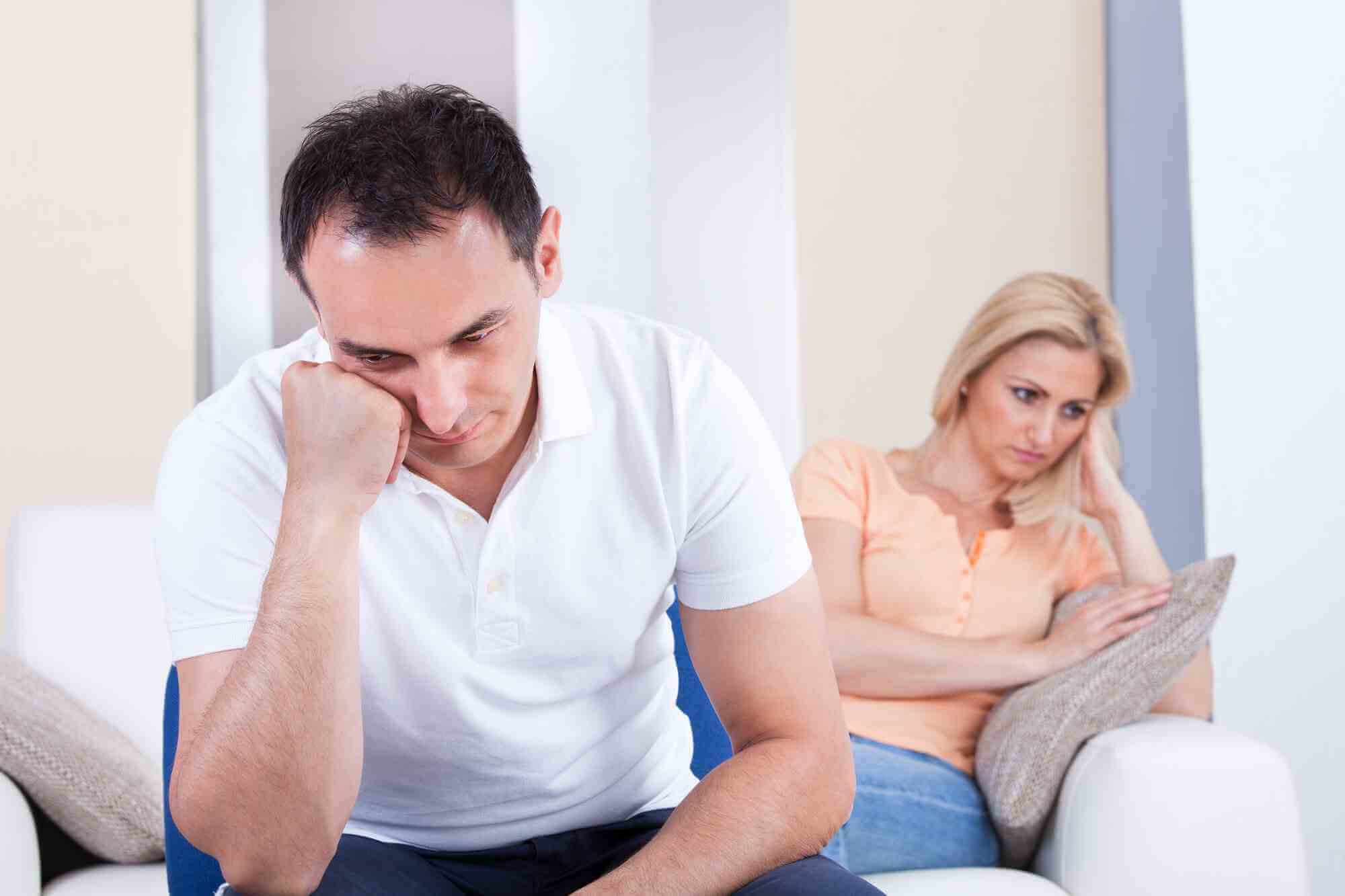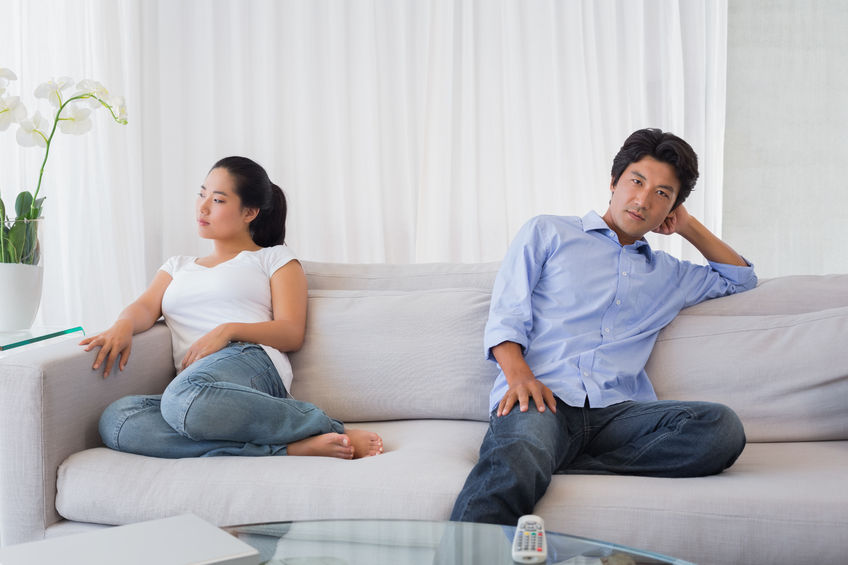As a new parent or parent to young children, you may be experiencing a full range of emotions on any given day.While this is normal and expected, it seems universal and almost guaranteed that the negative emotions will be accompanied by guilt.
Perhaps some of that guilt is related to grieving the loss of your more autonomous self. And perhaps this could be a connecting point for you and your partner.
What were your hopes and dreams about becoming a parent, and what did you think it would mean for your identity? What beliefs support the idea that you must be giving of all of yourself, and ignore your own needs? Becoming a parent means experiencing love in its purest form, love that is both joyful and painful at the same time, love that is truly transformational– love that can come with a loss of sense of self.
This love for other can leave little room for the self, and the new role of parent can require us to abandon other roles either temporarily or long-term. Longing and sadness are natural responses to loss, but sometimes we don’t want to acknowledge these emotions, or feel we shouldn’t.
Guilt is a natural response when we believe we shouldn’t feel the emotions we are feeling. And experiencing frustration while parenting– even the simple, expected situations– can trigger this loss-guilt cycle.
In these moments, try to be curious and compassionate toward yourself: ask, “What is my frustration telling me that I’m yearning for? What might I be wishing for right now? Why might I be reacting this way, and why am I feeling badly about it?” Remember that the “negative” emotions you feel begin not with aggravating three-year-old behavior, but with the overwhelming love you feel for your child.
The sudden shift in identity and amazing sense of responsibility that come with shaping a new life can create once-foreign symptoms of anxiety, and depression. These symptoms in turn make you feel further away from yourself, sending you into a spiraling cycle. You may explode as a reaction to feeling out of control.
But underneath it all could be that sense of loss, and feeling badly for missing your freedom. Again, you might feel you don’t have a right to grieve that loss, when what you have gained is so special.
Instead of feeling shameful, turn toward your partner or a friend and share an experience that he or she might have as well. Identify the shared emotional experience– it is likely that he or she is feeling the same way.
Talk about the losses you feel as individuals and as a couple. Discuss rituals you might put in place to ensure that you remain authentically YOU; date nights, personal time for exercise, and time with friends are just a few ways to preserve your relational health.
Attending to your own needs and grieving losses will help you to parent your children in a genuine, loving, attuned manner.
As an associate therapist at the Center, Carrie Babe works under Dr. Jim’s supervision while completing hours for full licensure in New York. She specializes in working with individuals and couples as they transition to adulthood, marriage and parenthood and endure the experiences that shape and reshape them along this journey.
For an appointment: call her at 773.236.8397





























